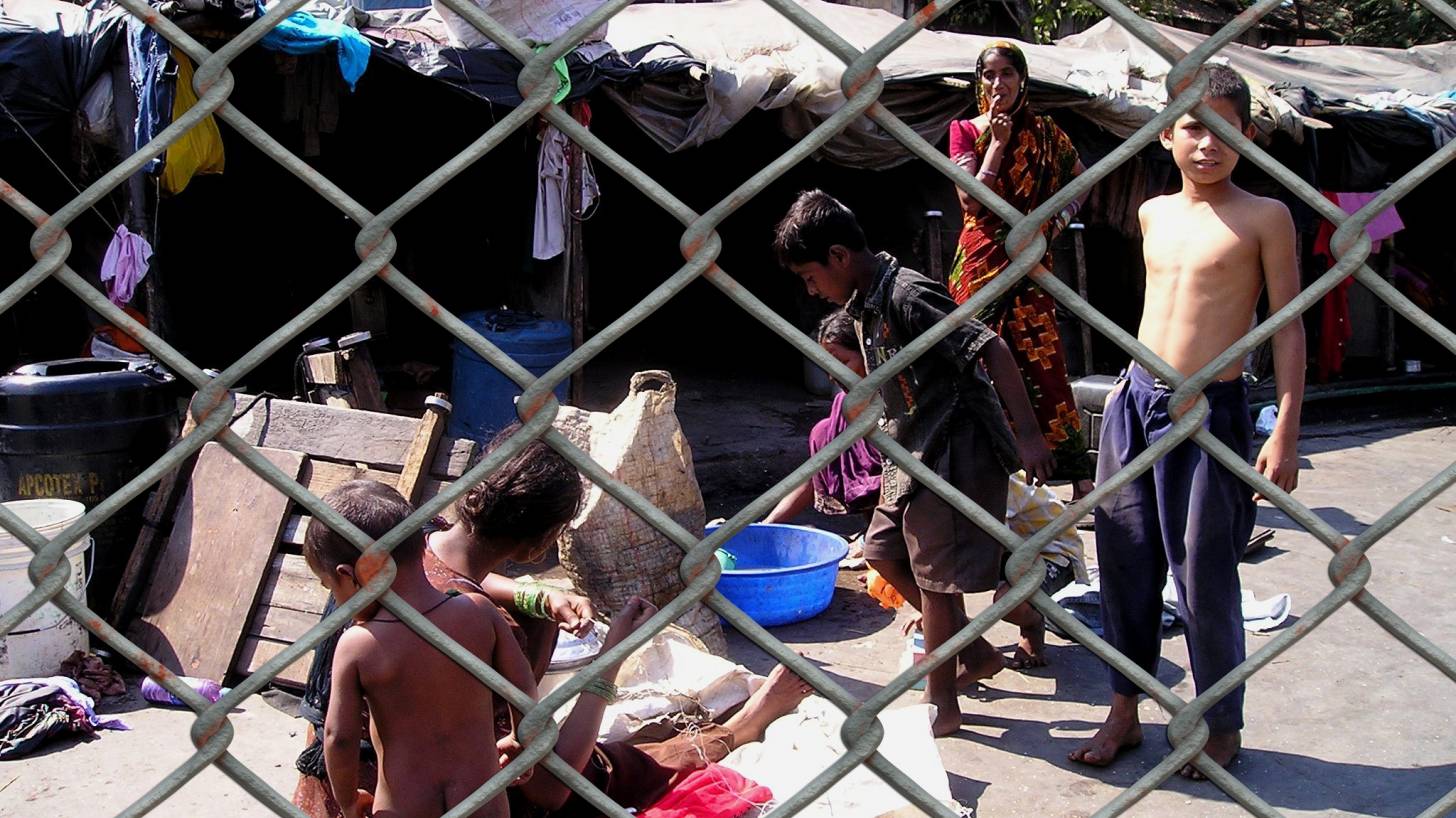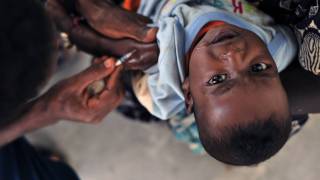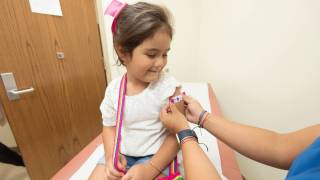Is India Exporting Bacteria Around the World?

With over 3 billion air passengers traveling during 2016, it's now easy for disease-causing microbes to reach every corner of the world.
India is predicted to be the world’s third-biggest air travel market by 2035.
Several studies have identified India as the source where travelers are most likely to return with digestive tract bacteria, which may be resistant to antibiotics. Most often, the drug-evading bugs are ingested from fecally contaminated food or water.
These stowaway-bacteria can be dangerous if they pass from the bowel into other tissues or into the bloodstream.
“Studies have shown that visiting India does put you at risk for these infections,” said Ramanan Laxminarayan, a New Delhi-based director for the Center for Disease Dynamics, Economics & Policy.
“Newborns are particularly at risk in developing countries where the mortality rate is high from neonatal sepsis,” said Laxminarayan.
“In India, 58,000 babies die annually because of antibiotic resistance. In the United States, more than 100,000 seniors contract resistant infections annually, thousands of them fatal, while undergoing common surgical procedures,’ said Laxminarayan. “The overuse of antimicrobial medicines, and the lack of toilets and clean water, helps spread the mutant microbes in the environment.”
The Indian government is trying to counter that. Prime Minister Narendra Modi began a nationwide “Clean India” campaign. The Mission will aim to make India ‘clean’ by October 2, 2019, Mahatma Gandhi’s 150th birth anniversary.
Mr. Modi said, “This program’s goal includes the elimination of open defecation, which he called a “blot on society”, especially for women and young girls.”
“What we are dealing with is not just a problem of antibiotic resistance but really a problem of access to effective antibiotics, which many of us take for granted,” said Laxminarayan.
“And the real tragedy will be when those people who currently don’t have access will finally be able to afford an antibiotic, [and] that antibiotic will not work for them, not because they overused the antibiotic, but because the rest of us did,” said Laxminarayan.
The Centers for Disease and Control (CDC) and the World Health Organization (WHO) recommend the following vaccines when traveling to India:
- Typhoid
- Japanese encephalitis
- Hepatitis A
- Hepatitis B
- Rabies
- Polio
- Measles, mumps and rubella (MMR)
- Influenza
The CDC Vaccine Price List identifies the private sector prices for general information.
Excerpts from this Bloomberg article.
Our Trust Standards: Medical Advisory Committee

























